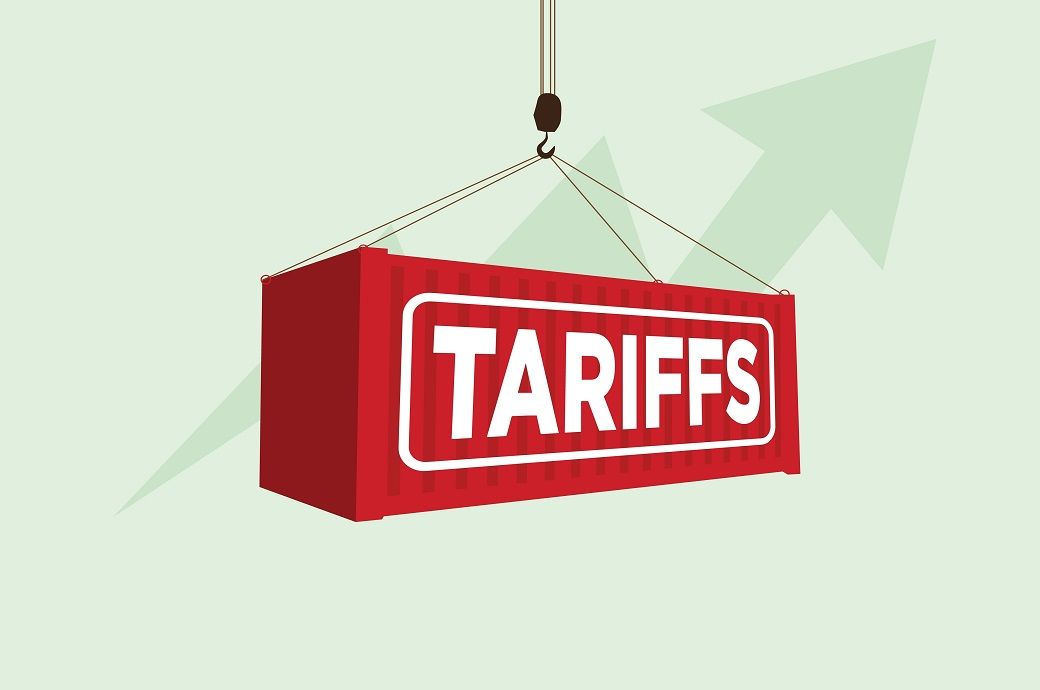
“A successful [US-India] trade deal could mitigate these risks and boost exports, even as private investment remains cautious in the face of global uncertainty,” officials from the department of economic affairs (DEA) wrote in the review.
The risk of trade barriers, after the 90-day pause on the 26-per cent US tariff on Indian exports expires in July, is a key external vulnerability for India, and the outcome of a pause in the US-China reciprocal tariffs is also important, the finance ministry noted.
India will benefit from supply chain adjustments, diverse FDI sources and greater collaboration with global investors, it said.
“In the future, India will benefit from supply chain adjustments, diverse foreign direct investment sources, and greater collaboration with global investors seeking resilience and growth, supported by its existing trade connections,” they wrote.
The external sector performance remains resilient, with fiscal 2025-26 commencing on a favourable note, they noted. The country’s foreign exchange reserves remain adequate, providing an import cover of approximately eleven months.
The trade-related and other global uncertainties faced by India are faced by several other nations but most of them lack the advantages that India has: macroeconomic stability, fiscal policy that is focused on quality of expenditure and prudence delivering lower cost of capital to the country, a benign inflation and monetary policy backdrop and financial and corporate sectors with strong balance sheets, they added.
Fibre2Fashion News Desk (DS)


